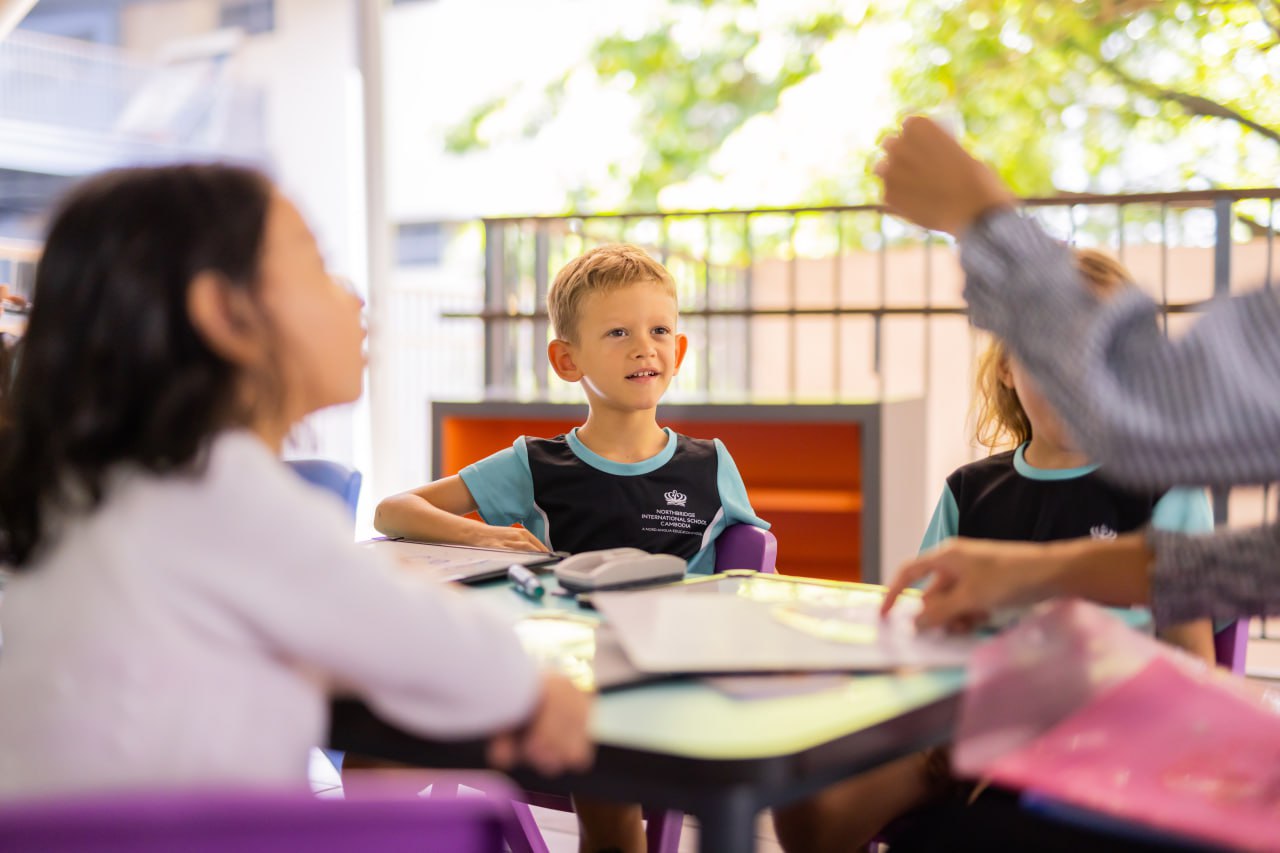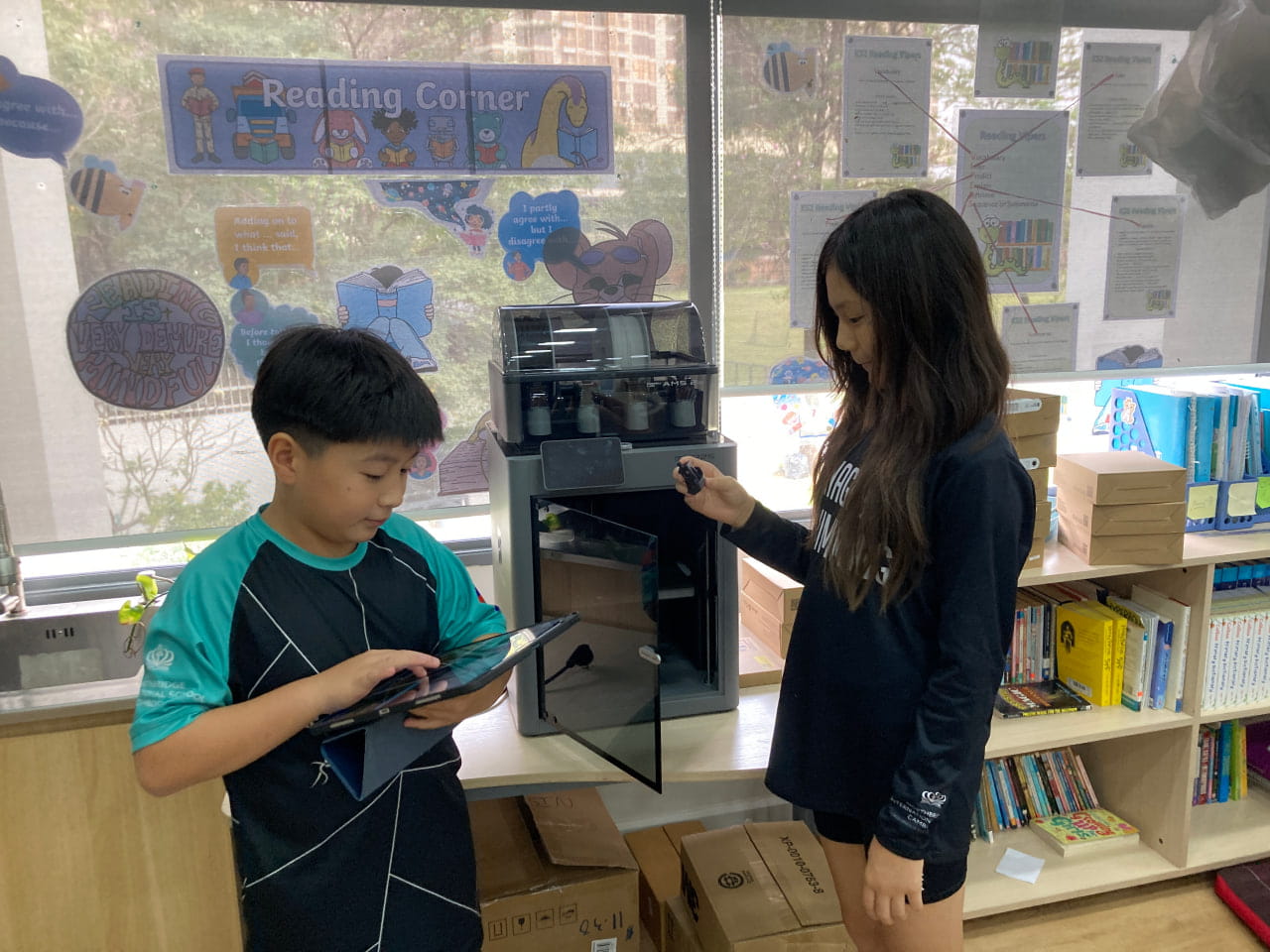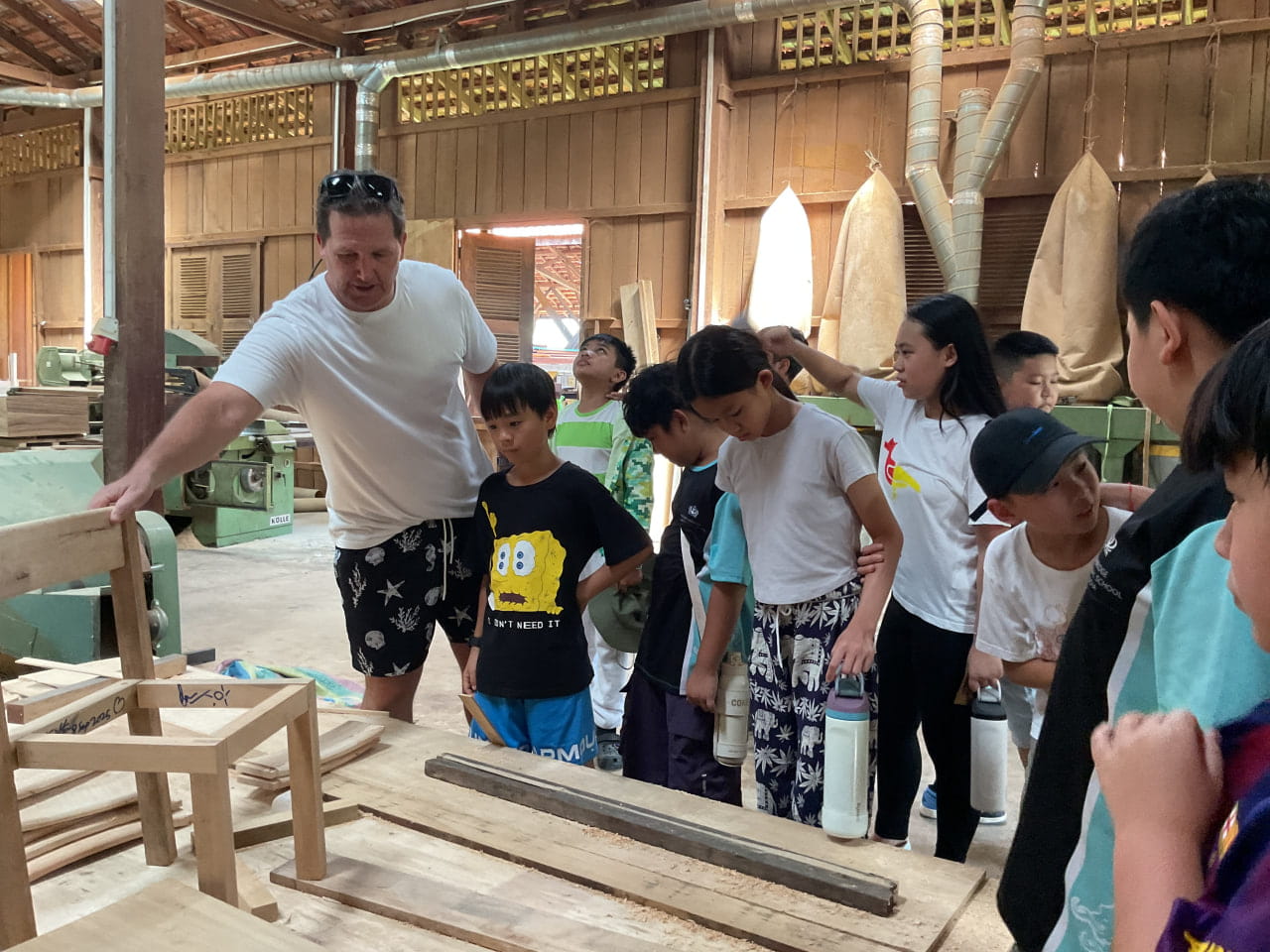As part of the IB learner profile, we call this learning trait “reflective”, and we take time throughout the day to ensure that students reflect upon their own learning, and learn to identify both their strengths as well as their areas for growth. Beginning next week, our Grade 1 and Grade 3 students have an opportunity to further develop their metacognitive abilities by taking part in Nord Anglia’s new digital education program, Project DNA.
Project DNA is an ongoing project run by Nord Anglia which focuses on building metacognition in students. The activities that students take part in are built around Nord Anglia’s Learner Ambitions. These six attributes, collaborative, curious, creative, committed, compassionate, and critical are fundamental components of what it means to be a successful learner and well-rounded individual.
For each Learner Ambition, Nord Anglia has designed a series of thinking routine activities which develop student’s metacognition. These thinking routines were developed from research undertaken as part of Harvard University’s Project Zero program.
The types of thinking routines that our Grade 1 and Grade 3 students will undertake will depend on their specific unit of inquiry, but all are designed to set the foundation for lifelong learning habits. One popular set of routines are the "Visible Thinking" routines, which encourage students to reflect on their own understanding and learning processes.
These routines include practices such as "Think-Pair-Share," where students think through a question individually, discuss their thoughts with a peer, and then share with the larger group. This routine not only promotes understanding and collaboration but also develops the ability to articulate one’s thought process.
As an example of a collaborative routine which our students will shortly be undertaking, "Chalk Talk" serves as a silent conversation routine, which allows students to ponder ideas, questions, or problems by writing their thoughts on a shared writing space. This method emphasizes the importance of contemplation and the diverse perspectives each student brings to the learning environment. It supports the development of a classroom culture where thoughtful consideration and respect for different viewpoints are the norm.
Our Grade 1 and Grade 3 student’s participation in this project will bring numerous benefits. These activities are specifically designed to foster an environment where students are more engaged, take ownership of their learning, and build confidence in their abilities to think critically and creatively.
For the remainder of the academic year, our Grade 1 and Grade 3 teachers will be working closely with Nord Anglia’s digital education experts, and adjusting the thinking routines and metacognitive practices which are taking place in classrooms to maximize their effectiveness.
Our participation in programs like Project DNA highlight our commitment as a school to provide our teachers and students with access to the most up-to-date and effective classroom practices in order to ensure their success in the future.






